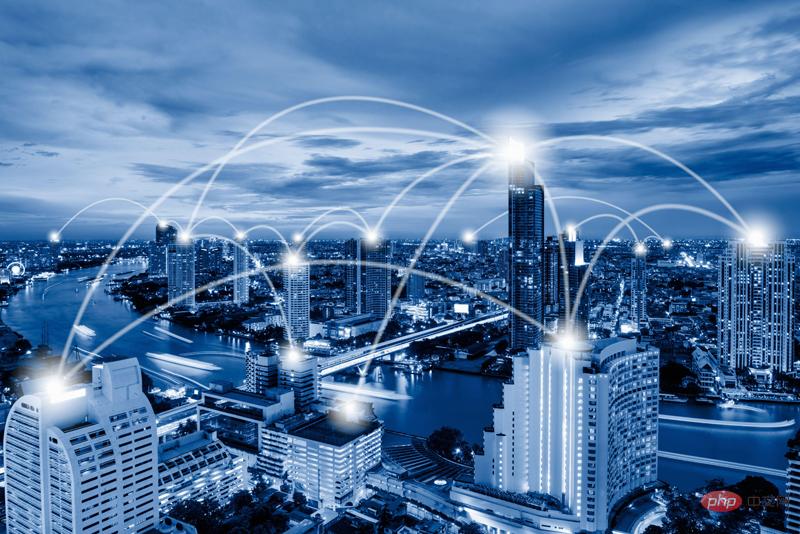Home >Technology peripherals >AI >Smart cities: Crowd management and privacy by design
Smart cities: Crowd management and privacy by design
- 王林forward
- 2023-04-10 19:51:011244browse

Smart cities use data to improve security, infrastructure, utilities, services, and it can all be done while protecting privacy.
By 2050, 68% of the world’s population will live in urban areas (United Nations). This will create and exacerbate several social challenges in areas such as energy efficiency, mobility, security and sustainability.
Recognition of this situation, coupled with recognition of the benefits and potential of leveraging advanced Internet of Things (IoT) and Artificial Intelligence (AI) technologies to improve lives, has led many governments around the world to develop smart cities strategy.
SMART CITIES
Smart cities use information and communications technology to improve services and liveability for the benefit of citizens and visitors. So far, the most talked about smart city use cases are public services such as waste management and lighting, leaving crowd management lagging in the smart city space.
To this point, densely populated and tourist cities become crowded, which often leads to unpleasant and unsafe situations, therefore, crowd management becomes one of the key areas that can benefit from IoT and artificial intelligence.
Crowd Management in Smart Cities
Crowd management refers to the ability to monitor crowds and divert them when necessary, and to provide necessary security in cities key. In smart cities, IoT devices and computer vision are used to continuously collect real-time data (e.g., population density, crowd size, speed, and direction) and then analyze it to understand when and how to take action. Accurate predictions – about how crowds will behave in the near future – can then be made through AI algorithms, allowing government authorities to develop short-, medium- and long-term strategies for effective crowd management and urban experiences.
These technologies can also be used at large-scale events (such as music festivals, sporting events or tourist attractions) where crowd management issues tend to arise frequently and require a lot of manpower. Therefore, using IoT, computer vision and artificial intelligence technologies, more efficient and safer crowd management can be achieved through real-time insights.
Privacy by Design
Using “intelligent” crowd management in cities can bring many benefits, including:
- Efficiency,
- Enhanced living experience,
- relieved pain points, and
- improved infrastructure.
However, they also raise concerns about privacy and surveillance. To solve this problem, governments need to adopt technology that is designed with privacy in mind.
Like Evalan, a company that creates IoT and IoT devices with security and privacy from the early design stages. In this sense, its solution uses computer vision and artificial intelligence at the edge and it does not collect data specific to an individual, instead it turns them into numbers for people to count, without knowing who that person is. Since all processing is done on the device itself and communication with the cloud involves only numbers, the technology enables a high degree of data privacy and security.
The above is the detailed content of Smart cities: Crowd management and privacy by design. For more information, please follow other related articles on the PHP Chinese website!
Related articles
See more- Technology trends to watch in 2023
- How Artificial Intelligence is Bringing New Everyday Work to Data Center Teams
- Can artificial intelligence or automation solve the problem of low energy efficiency in buildings?
- OpenAI co-founder interviewed by Huang Renxun: GPT-4's reasoning capabilities have not yet reached expectations
- Microsoft's Bing surpasses Google in search traffic thanks to OpenAI technology

